We've got several questions related to the different recording methods for electrical energy meters. Here is the behaviour with different settings:
Vector registration method (∑L)
By vector method the vectors of each phase L1, L2 and L3 are summed:
– When the vector sum of energies is positive, the meter registers A+ energy.
– When the vector sum of energies is negative, the meter registers A- energy.
Example (same load in each phase)
| phase | L1 | L2 | L3 |
| load | A+ | A- | A+ |
Total registration: OBIS 1.0.1.8.0 = (A+) + (A-) + (A+) = A+
Arithmetic registration method
The meter can register A+ and A- energy at the same time with the arithmetic registration method.
Example (same load in each phase)
| phase | L1 | L2 | L3 |
| load | A+ | A- | A+ |
Total registration, import (forward) direction: OBIS 1.0.1.8.0 = (A+) + (A+)
Total registration, export (reverse) direction: OBIS 1.0.2.8.0 = (A-)
Absolute registration |A |
The registration of absolute active energy |A| is as follows:
Example (same load in each phase)
| phase | L1 | L2 | L3 |
| load | A+ | A- | A+ |
Total registration, import direction: OBIS 1.0.1.8.0 = |A+| + |A-| + |A+|
With this settings the meter registers only forward energy.
If you have questions please leave a comment below or use our contact form.
Thank you for reading.
Editor's note: This article was originally published in July 2019 and has been updated for comprehensiveness.
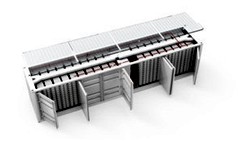
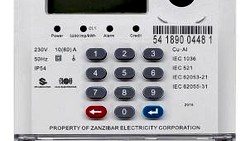
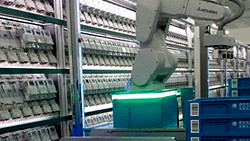
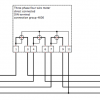
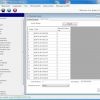
All comments are moderated before being published. Inappropriate or off-topic comments may not be approved.